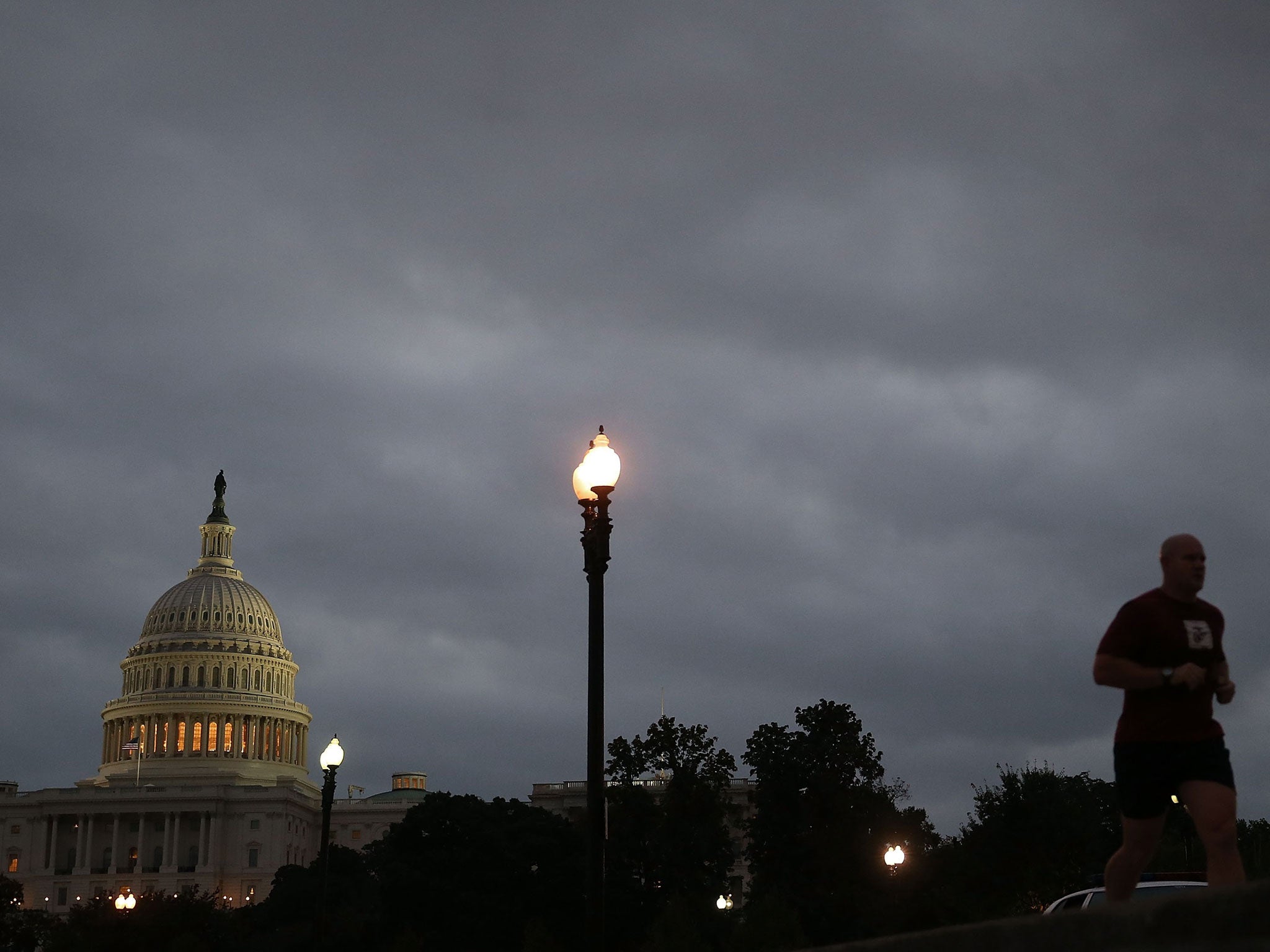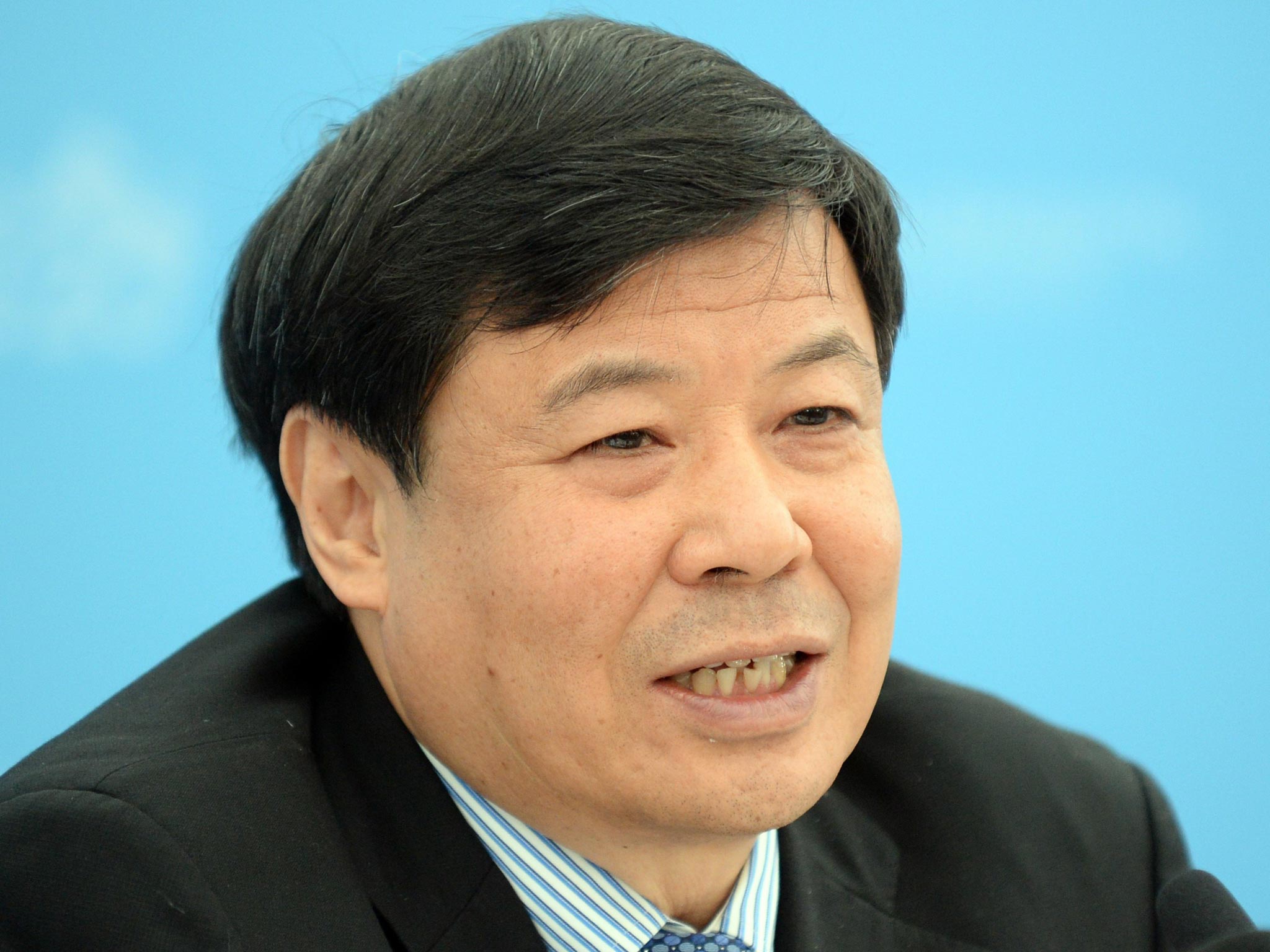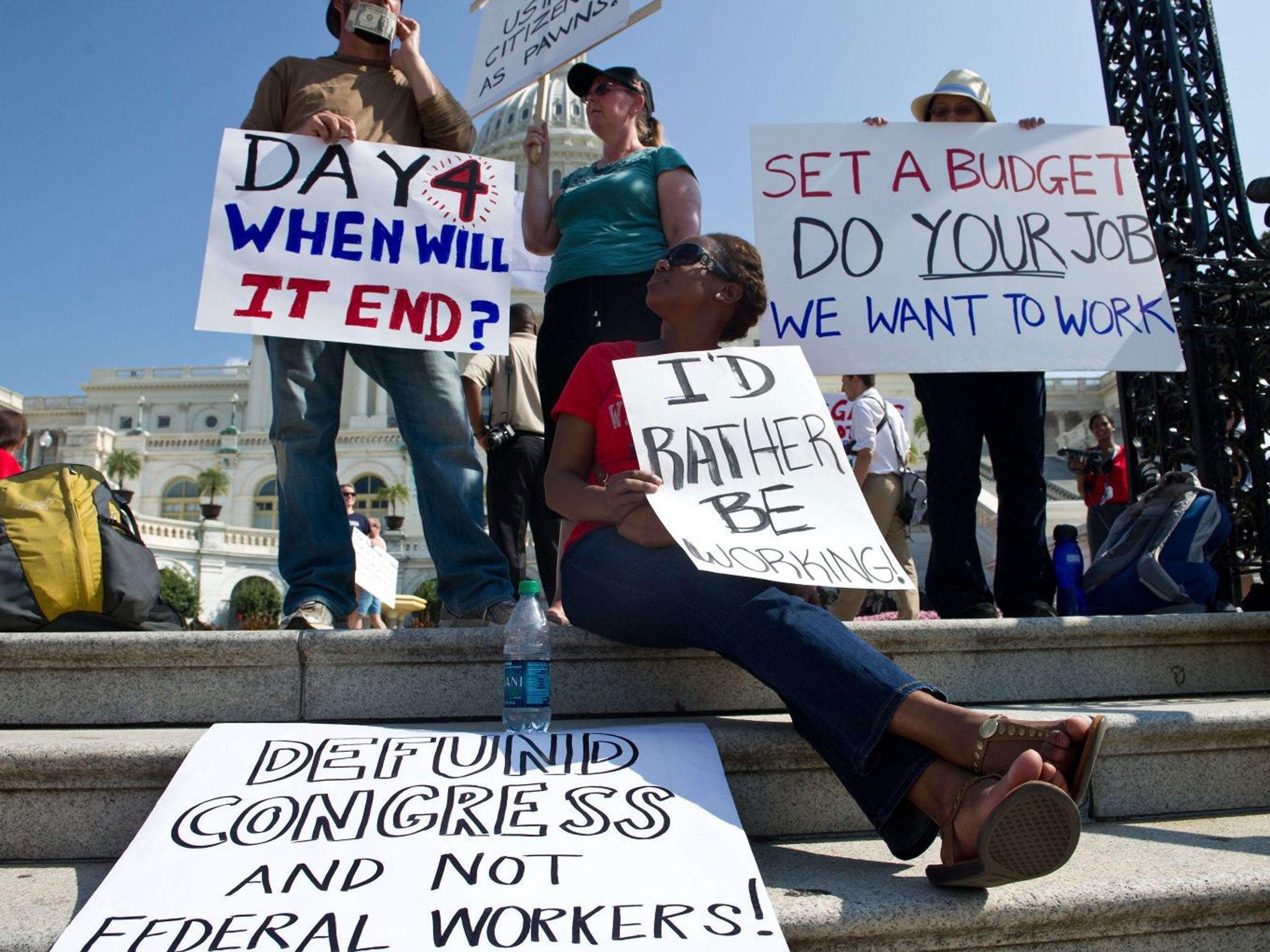Get your fiscal house in order: China warns US as Asia expresses concern for $1.3tn of investments
'Clock is ticking', says Chinese minister, as US fails to break deadlock over government shutdown and fast-approaching ‘debt ceiling’ deadline

Your support helps us to tell the story
From reproductive rights to climate change to Big Tech, The Independent is on the ground when the story is developing. Whether it's investigating the financials of Elon Musk's pro-Trump PAC or producing our latest documentary, 'The A Word', which shines a light on the American women fighting for reproductive rights, we know how important it is to parse out the facts from the messaging.
At such a critical moment in US history, we need reporters on the ground. Your donation allows us to keep sending journalists to speak to both sides of the story.
The Independent is trusted by Americans across the entire political spectrum. And unlike many other quality news outlets, we choose not to lock Americans out of our reporting and analysis with paywalls. We believe quality journalism should be available to everyone, paid for by those who can afford it.
Your support makes all the difference.China, the biggest foreign creditor of the United States, has waded into the American budget crisis, warning Congress that it must resolve the political impasse over the debt ceiling without further delay.
The Chinese Vice Foreign Minister, Zhu Guangyao, told America’s deadlocked politicians on Monday that “the clock is ticking” and called on them to approve an extension of the national borrowing limit before the federal government is projected to run out of cash on 17 October.
“We ask that the United States earnestly takes steps to resolve in a timely way the political issues around the debt ceiling and prevent a US debt default to ensure the safety of Chinese investments in the United States,” Mr Zhu told reporters in Beijing. “This is the United States’ responsibility,” he added.
The American government entered its seventh day of shutdown on Monday, following the failure of Congress to approve the national budget a week ago. And there was little sign of progress on the still more crucial issue of the fast-approaching “debt ceiling” deadline. Yet rather than indicating a willingness to negotiate, the Republican Speaker of the House of Representatives, John Boehner, stated on Sunday that it was “time for us to stand and fight” over the budget. He added that a default was “the path we’re on”. American stock markets opened down in response to the belligerent comments yesterday, with the S&P 500 Index of leading shares shedding 0.5 per cent.
In September 2008 China eclipsed Japan to become the biggest single foreign creditor of the US federal government. The US administration estimates that the China government holds at least $1.3 trillion of its bonds. The total could be higher because Beijing is known to hold American debt through intermediaries. And, in total, the Beijing authorities have $3.5trn of dollar-denominated assets, which would also be hit hard in the event of a default.
These vast foreign exchange holdings are a by-product of China’s closed financial system and persistent current account surplus, which means that most foreign currency that enters the country accumulates with the central bank. The central bank then invests the money in normally “safe” dollar assets. The vast dollar reserves are also a legacy of China’s policy in recent decades of artificially holding down the value of its currency, the renminbi, in order to boost the overseas sales of its politically influential export industry.

However, economists have criticised the popular idea that China could exert political or economic leverage over Washington by threatening to sell its dollar investments, since such a drastic shift would ultimately serve to undermine the paper value of Beijing’s own vast investment portfolio. Nevertheless, China’s creditor position and its status as the world’s second largest economy gives its voice some authority in Washington and Mr Zhu made it clear that private representations had already been made. “The US is clearly aware of China’s concerns about the financial stalemate and China’s request for the US to ensure the safety of Chinese investments,” he said yesterday.
Since the global financial crisis, which led to a sharp depreciation in the value of the dollar against the renminbi, the authorities in Beijing have been concerned about the fact that so much of their national reserves are held in the form of the American currency. China has been promoting the idea of a new reserve currency to replace the greenback, with some analysts suggesting that the renminbi could one day take its place.
Mr Zhu stressed that it was vital, not only for China but the wider global economy, for America to resolve its budget impasse. “Safeguarding the debt is of vital importance to the economy of the US and the world,” he said. Referring to a similar deadlock in 2011, which led to a downgrade of the US AAA credit rating by the Standard & Poor’s agency, Mr Zhu said: “We hope the United States fully understands the lessons of history.”
The concerns over the stability of the dollar come at a time of geo-political flux. Barack Obama has sought to “pivot” his foreign policy to Asia to counter China’s growing military influence. But the shutdown has forced the US President to cancel his visit to Asia this week to attend a summit.

Join our commenting forum
Join thought-provoking conversations, follow other Independent readers and see their replies
Comments